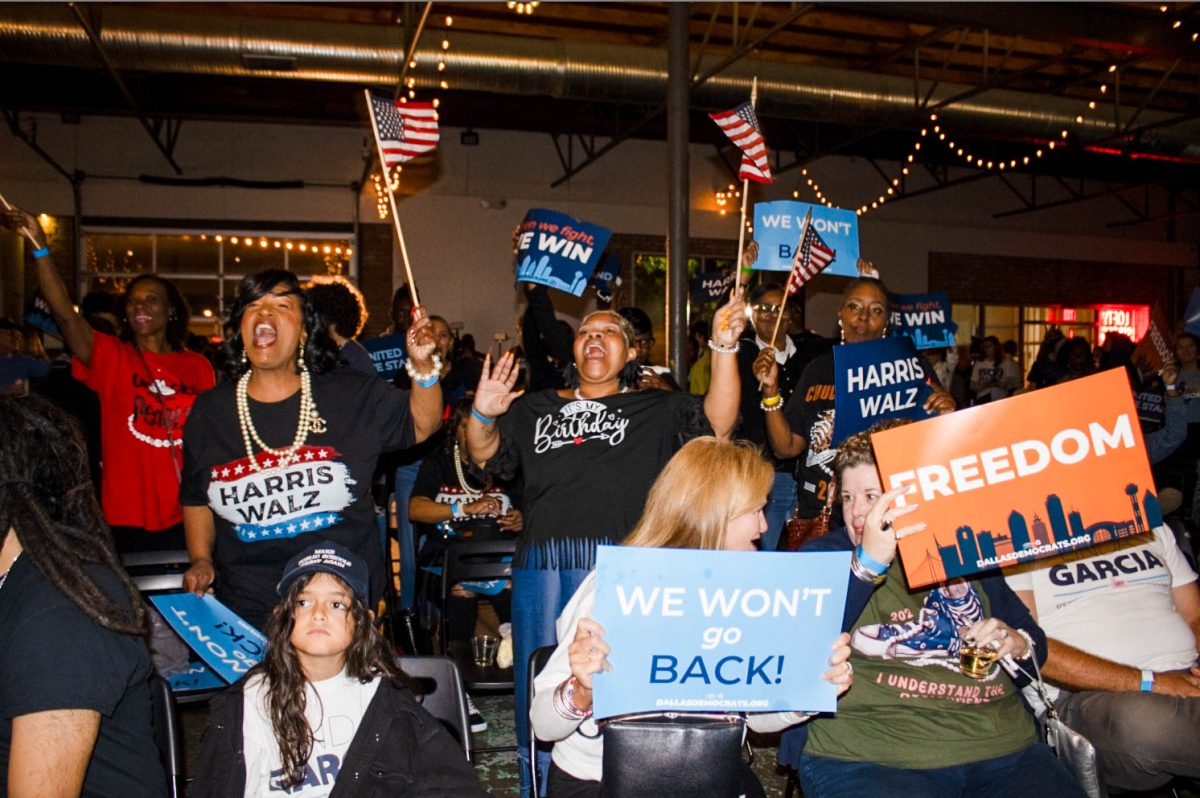
Republican presidential hopeful Mitt Romney greets supporters as he enters a town hall event in Peterborough, N.H., Saturday. (Associated Press)
With the Iowa caucus and New Hampshire primary approaching, candidates have taken turns being in the hot seat. Former Massachusetts’s Gov. and GOP frontrunner, Mitt Romney, has experienced criticism for his affiliation with the Mormon Church.
Polling data from ABC News and the Washington Post suggest in 2011, 60 percent of people said being a Mormon would not make a difference in their selection of a candidate. This is a 5 percent increase from 2008 and an 18 percent increase from 2007. Still, questions have been raised about Romney’s faith. While many agree that religion should play no part when choosing a candidate, interviews indicate religion should be considered solely to understand a candidate’s values.
Whitney Nelson, a junior at Brigham Young University from Ahwatukee, Ariz., believes Romney’s religion will ultimately have a positive effect. Nelson feels Romney’s faith has inspired him to be a better man with strong values. She acknowledges Romney must work hard to overcome misconceptions about the Mormon faith but she is hopeful people will be open-minded.
“We certainly believe in trying to live like Christ,” Nelson said.
John Welch, a law professor at Brigham Young University feels Romney’s religion is affecting his campaign like any candidate’s background. The Constitution says there should be no religious test for political figures. Welch believes any effort to contradict the provision is equally unconstitutional.
“It is odd that in America people would think that they could make the religion of some candidate’s an issue, but not others,” Welch said.
Religion first became a political issue in the 1960 presidential race between Richard Nixon and John F. Kennedy. People feared the Vatican would influence him during his presidency but that didn’t prove to be true and he was able to assuage the fears of people about his religion during his campaign.
Charlie McCaslin, a senior at SMU and a member of College Republicans, feels Romney has not let his beliefs affect his political decisions. When Romney ran for Senate in 1994 he supported pro-choice and presented himself as a better advocate for gay rights than his incumbent opponent Ted Kennedy.
He maintained these views in 2002 when he was elected governor of Massachusetts; however he took opposite stances when he ran for president in 2008.
“Romney’s religion has shown no effect on his political decisions, which is surprising,” McCaslin said.
In the beginning of October, Texas Gov. Rick Perry made a speech to religious conservatives in Washington, D.C. After he spoke, Robert Jeffress, the senior pastor at First Baptist Church in Dallas, told reporters Romney’s Mormon faith is “a cult.”
Matthew Wilson, a political science professor at Southern Methodist University who also teaches a course on religion and politics, felt Jeffress’ comments were inappropriate and thinks people need to be careful when describing one’s religious views as a “cult.” While Mormons’ practice unorthodox theology from a Christian standpoint there are aspects of other religions that differ from the Christian faith.
“To suggest that being Mormon ought to disqualify someone from the presidency is really off base,” Wilson said. Although Nelson disagreed with Jeffress’ comments, she is not offended and feels that Americans have the right to voice opinions and beliefs.
“My convictions exist in spite of the opinions of others, not because of them,” Nelson said.
Nelson feels Romney’s religious affiliation, like those of other candidates, would indirectly affect his time in office by shaping his values. She thinks every candidate runs on the strength of his or her character.
“It would be naïve to say that any candidate could entirely remove the underlying influence of his or her religion. After all, our country was built on freedom of speech and religion,” Nelson said.
Professor Wilson believes religion is important in understanding our leader’s values but feels it’s inappropriate to condemn a particular faith from the White House.
“All voters ought to ask, ‘Does this candidate seem to have a value system I’m comfortable with?’ A part of that answer is going to be based in religion,” Wilson said.
Welch thinks Romney’s religion would ultimately make him a strong and efficient president. He feels Mormons are knowledgeable in working with councils and know how to help large institutions meet individual needs. Romney’s faith would make him a compassionate, honest and unselfish leader.
“Because of his religion, he understands what it means to be a minority, and also the problems caused by any form of favoritism,” Welch said.















